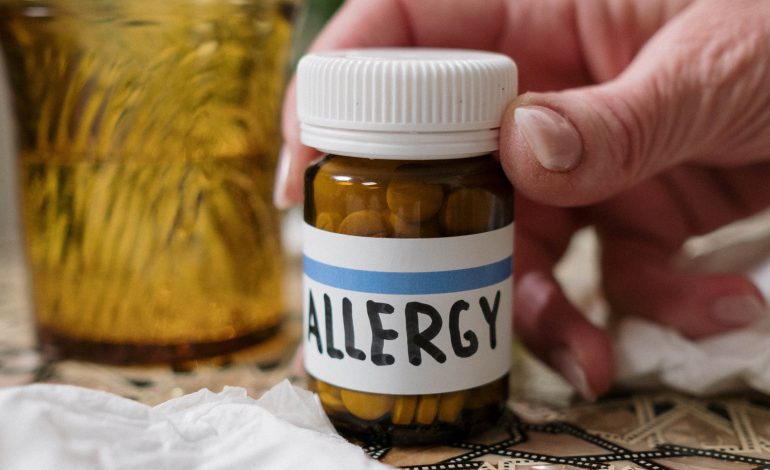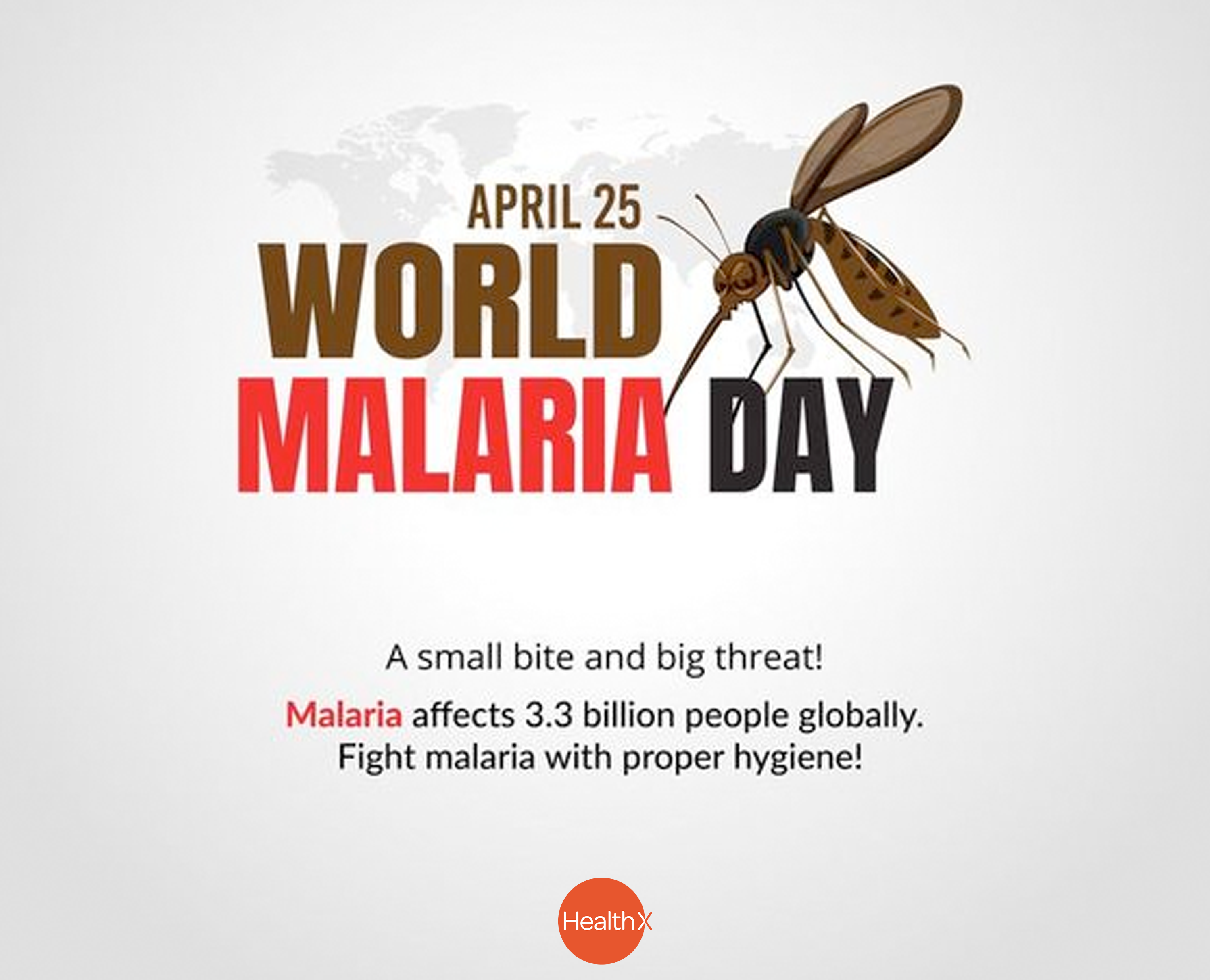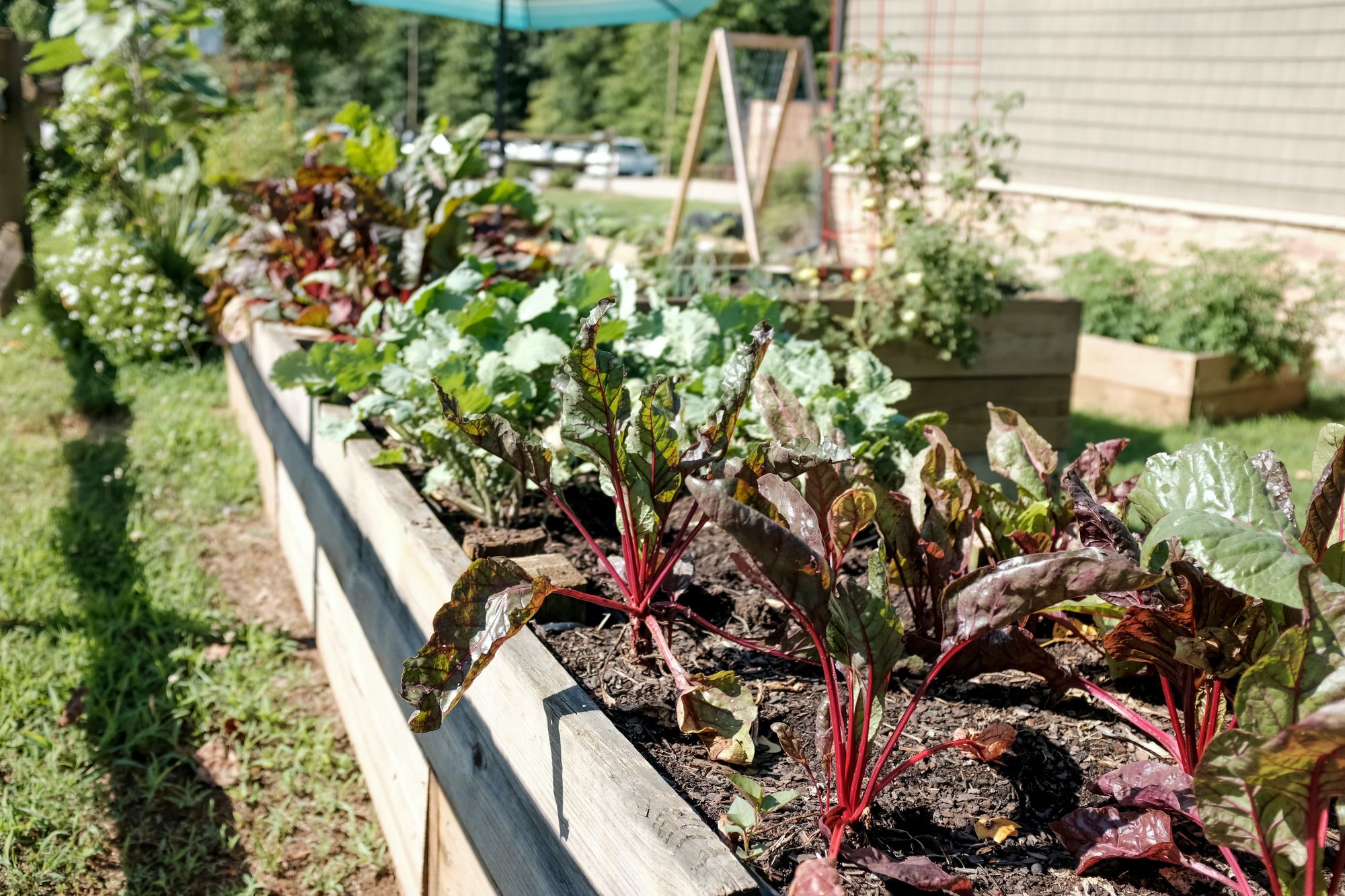Common types of allergies and ways to treat them
An allergy is an abnormal immune system reaction to things that are mostly harmless to a person


An allergy is an abnormal immune system reaction to things that are mostly harmless to a person. An allergy happens when the immune system mistakenly believes a substance is harmful to the body and tries to fight it off.
This usually causes reactions such as swelling of the face, vomiting, difficulty in breathing and even fainting. Allergies can be chronic, seasonal or permanent.
Common types of allergies include;
Food Allergy
This is the most common type of allergy and occurs when the body overreacts to a particular protein found in the food. This happens even if you’ve been exposed to a very tiny amount of the food and the reactions might be life-threatening.
Majority of allergic reactions are caused by; eggs, cow’s milk, peanuts, shellfish, fish, soy and wheat.
Insect allergy
People who are allergic to insects usually react to the stings or bites which cause a more life-threatening reaction compared to those who are not allergic.
Common insects that cause allergic reactions include; mosquitoes, bedbugs, fleas, bees and some flies.
Pet allergy
This is when the body reacts to proteins found in animal’s skin cells, urine or saliva. Common symptoms include sneezing, difficulty in breathing and having a runny nose.
Woman sneezing
Drug Allergy
This is when the body reacts to certain medications. The most common symptoms of drug allergy include hives, fever or rashes. Drugs that usually produce allergic reactions include; Antibiotics such as penicillin, Chemotherapy and Anticonvulsants
Mould allergy
Mould is fungus that grows in moist areas and can trigger allergic reactions in some people. It happens when the immune system overreacts when you breathe in mould spores. Mould allergies cause coughing, itching, restricted breathing and a runny nose.
Pollen Allergy
Pollen is a fine powder produced by flowers to fertilize other plants of the same species. The immune systems of people allergic to pollen mistake the pollen as a harmful intruder and begin to produce chemicals to fight it off.
Symptoms include sneezing, stuffy nose and watery eyes.
Ways of treating allergies
The first thing is to inform everyone close to you about your allergy. This information will help them keep the allergen away from you, whether it’s a certain food or pet animal.
Avoiding environments where the allergen is plenty. This includes avoiding dusty rooms or earth roads if you’re allergic to dust or avoiding damp areas if you’re allergic to mould.
If this does not help, doctors can prescribe medicine to combat the effects of the allergens. Such drugs include antihistamines, eye drops, nasal sprays, allergy shots and even inhalers.








